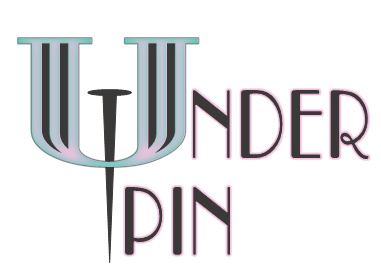My Life as a Blackjack Player: Shall I Stick or Twist?
I don’t really play Blackjack – not for money anyway. People often talk about life being a gamble and I’d agree that it is. Living is about making choices even when the outcomes are uncertain. Just like Blackjack, we must decide in every moment whether to stick or twist (to do one thing or another). We make these choices with the aim of winning: be that money or a meaningful life.
Blackjack comes with certain rules and limitations – if you don’t follow them, you’re not playing the game. The game would be easier (and we’d win more often) if we could see what was coming next. As with life, we can’t see into the future. If life is Blackjack, then Acceptance and Commitment Therapy (ACT) is the rule-book: helping us to understand and accept the reality of the game and to commit to playing it as effectively as possible. As with the rules of Blackjack: the theory is easier than the practice.
Life is an endless game of multiple rounds of Blackjack at any one time. Sometimes winning feels easy, sometimes we think we’re doing well but then we lose. At other times, we decide to stick early because we don’t believe that we have the resources, or the circumstances don’t feel right, to continue with that particular round (or choice in life). Sticking early once doesn’t mean that we then do this on every game, or that the next round won’t start before we’re ready, or that we won’t win again soon.
In this metaphor, the cards that we’re dealt represent the things that contribute to our decision-making processes. Hearts are our emotions and body sensations - because it’s the organ we associate with strong feelings. Ideas or facts are Clubs – because sometimes it feels like ideas or facts hit us like a club in the face. Our abilities, qualities and limitations are Diamonds – because these are the things that make us sparkle as individuals. Finally, Spades are the people around us – because sometimes those people help us dig our way out of a hole but sometimes, they just make our holes bigger.
When living, and playing, we also have the added complication of our minds’ ability to connect us to the past and a potential future. Our minds might tell us: “I’m not good enough”, “they think I’m stupid”, or imagine what we’d look like failing. Our bodies then experience the sensations of the associated emotions, such as shame or fear. I see these experiences as cards that a kind but misguided Croupier places in our hand. These cards are different though: they’re printed on clear plastic.
A Croupier used to refer to someone who offered support to a gambler during a game – from the French for “one who sits behind another” (Collins Dictionary). I call this Croupier kind and misguided because, through these cards, it attempts to provide advice and keep us safe. However, these cards often contain information that is overly-protective, at times to the point of sounding cruel. If we lived life based on the idea that “I’m not good enough”, we’d never try anything: we’d be safe, but we’d be miserable and unfulfilled.
I visualise this Croupier sitting on my shoulder and constantly adding these transparent cards to my hand. I try to hold the cards from this Croupier lightly and to look straight through them (they’re see-through after all). If I begin to focus on the additional Croupier cards, as well as the ones I’ve actually been dealt, then I’ll struggle to understand reality, become overwhelmed, and be unable to make a wise choice.
The origin of the word Croupier comes from the French “croupe” meaning “rump”. This reminds me that I can view the cards from my Croupier to be as relevant now as words coming from someone’s behind! For me, I also visualise the character of Bottom from Shakespeare’s A Midsummer Night’s Dream (one of my favourite plays) smiling with the face of Eddie from the TV series Bottom: it’s then pretty hard to take the ideas on these cards too seriously!
So, how is this helpful? Within any round, we have information from the cards we hold (the reality), the cards our personal Croupier adds to our hand (feedback from past experiences and imagined futures), and the rules of the game (those aspects of life we cannot change). Metaphors, especially those which help us smile and experience self-compassion, can help us notice and gain some distance from powerful and painful thoughts. Through noticing and accepting reality we can then make wiser decisions which move us towards valued and meaningful living.
When things feel difficult, I imagine my Croupier, I consider the cards I might be holding, and I remind myself how painful and unfair it can be having to always aim for 21. When I feel like 21 isn’t achievable, or I start wishing for different cards, I try to compassionately remind myself to stop and notice (and maybe laugh a little at Bottom). I can then reconnect with my values in order to make a wiser decision about whether, in this moment, I choose to stick or twist.
